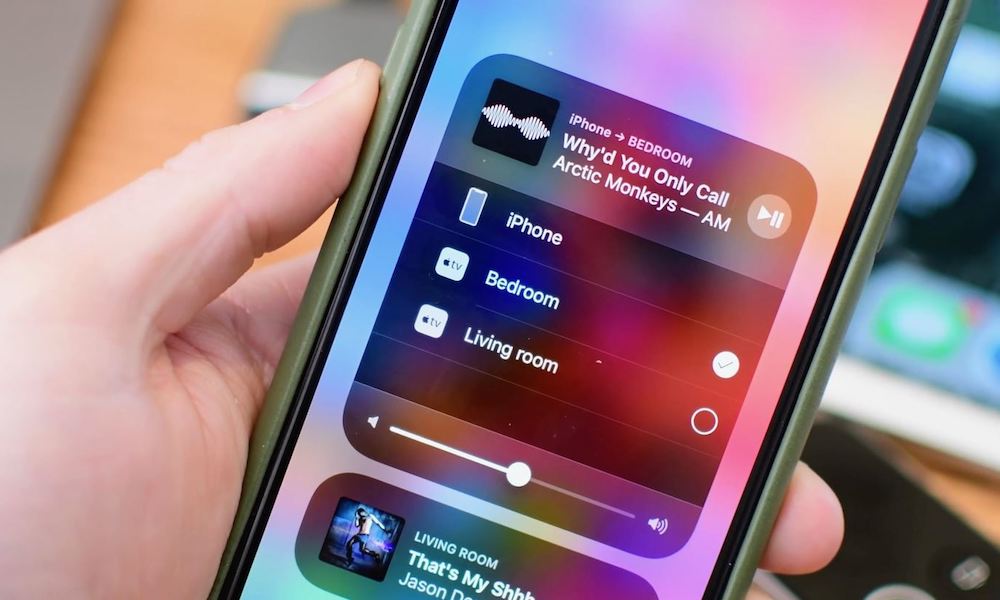Developers ‘Crack’ AirPlay 2 for Use on Non-Supported Speaker Systems
 Credit: iDB
Credit: iDB
Toggle Dark Mode
A group of developers announced that they’ve “cracked” Apple’s AirPlay 2 protocol, allowing it to be used on non-supported speakers.
Before you get too excited about using AirPlay 2 with your existing speakers, keep in mind that it does require a bit of savviness and effort. But it still bodes well for audiophiles and tech tinkerers alike.
But first, the details. As 9to5Mac notes, several developers have long been working on reverse engineering AirPlay 2 so that it can be used on technically non-compatible hardware.
Now, it seems that the developers have successfully cracked the protocol, first announcing the achievement in a Slack chatroom before posting about it on GitHub.
The feat is impressive because Apple uses a proprietary protocol that it keeps a closely guarded secret. For speaker manufacturers to implement AirPlay 2, they need to license the protocol from Apple so their own hardware can receive and decode audio sent over it.
It’s worth noting that the developer who first made the announcement said their Python code is currently just a prototype meant for debugging, so there isn’t a fully built-out app yet.
But with the bit of reverse-engineering, we can probably expect someone to develop an app with the code. “A bit of patience and I’m sure it will happen,” one of the developers wrote.
In a nutshell, that means audiophiles with their own expensive speaker setups (that they don’t want to replace) may soon be able to hook up those systems to a cheap computer like a Raspberry Pi.
The Pi would run the app, allowing users to stream audio from an iOS device — even multi-room audio — to the speaker system over AirPlay 2.
Apple’s first propriety protocol, AirPlay 1, has long been cracked. But unlike AirPlay 2, the first version of the streaming platform only supported multi-room audio from iTunes.
Of course, if you don’t want to get a Raspberry Pi and tinker with Terminal commands, you can always just get a speaker with built-in AirPlay 2 support. And luckily for users, there is an ever-increasing number of those on the market.






